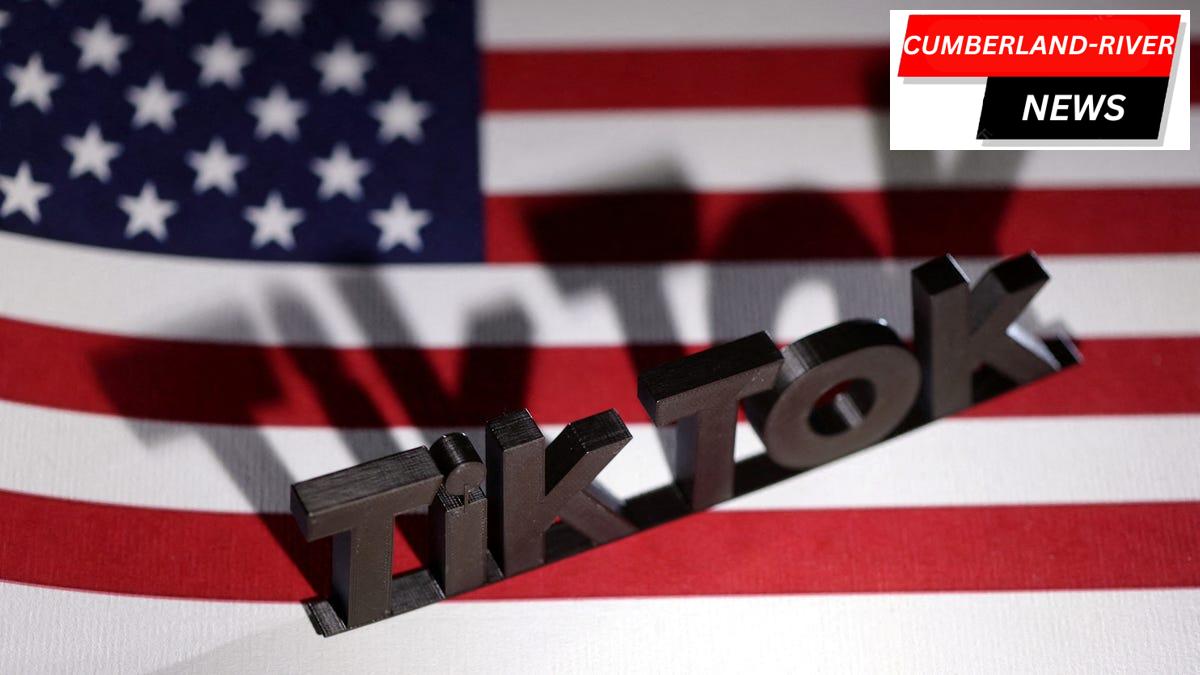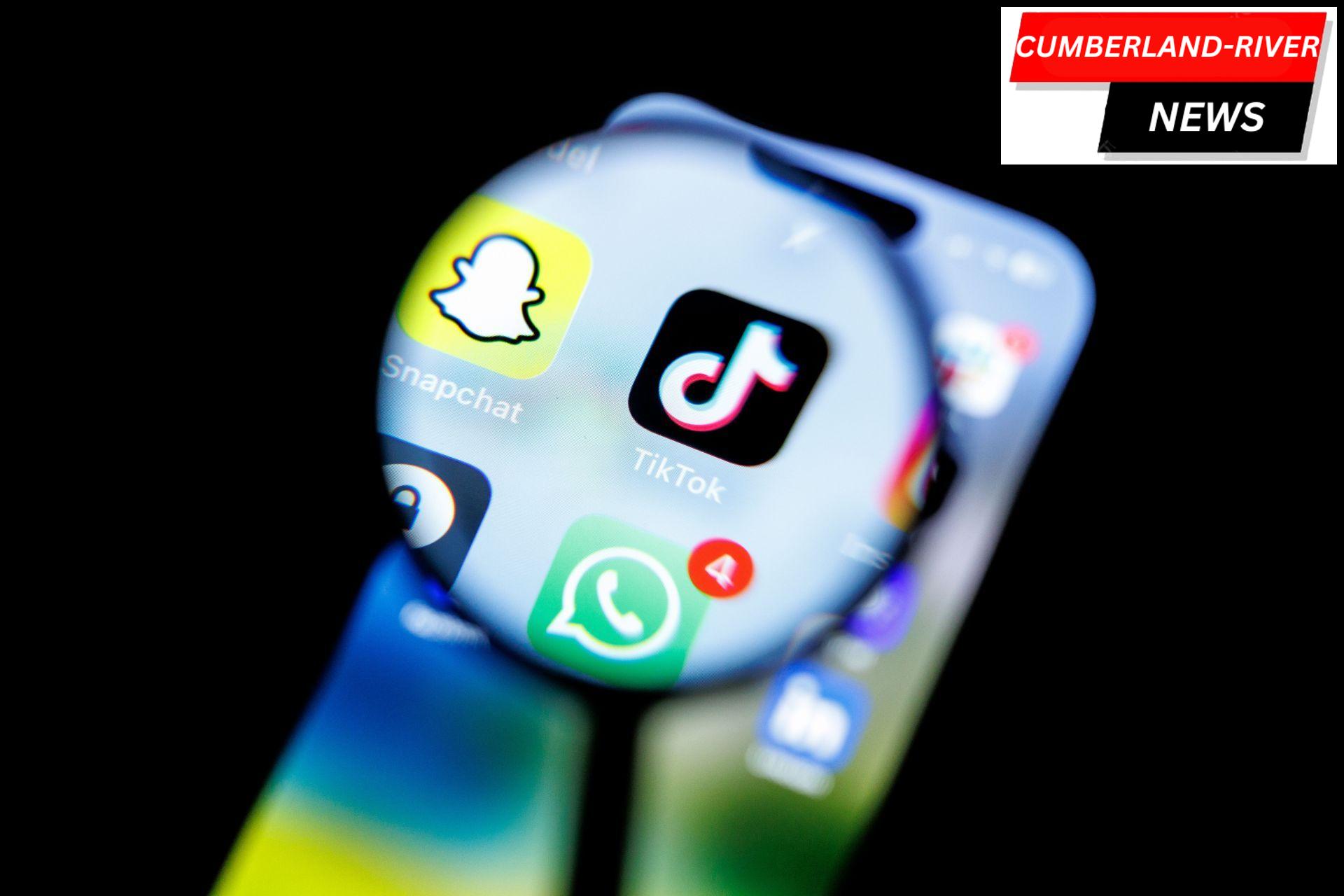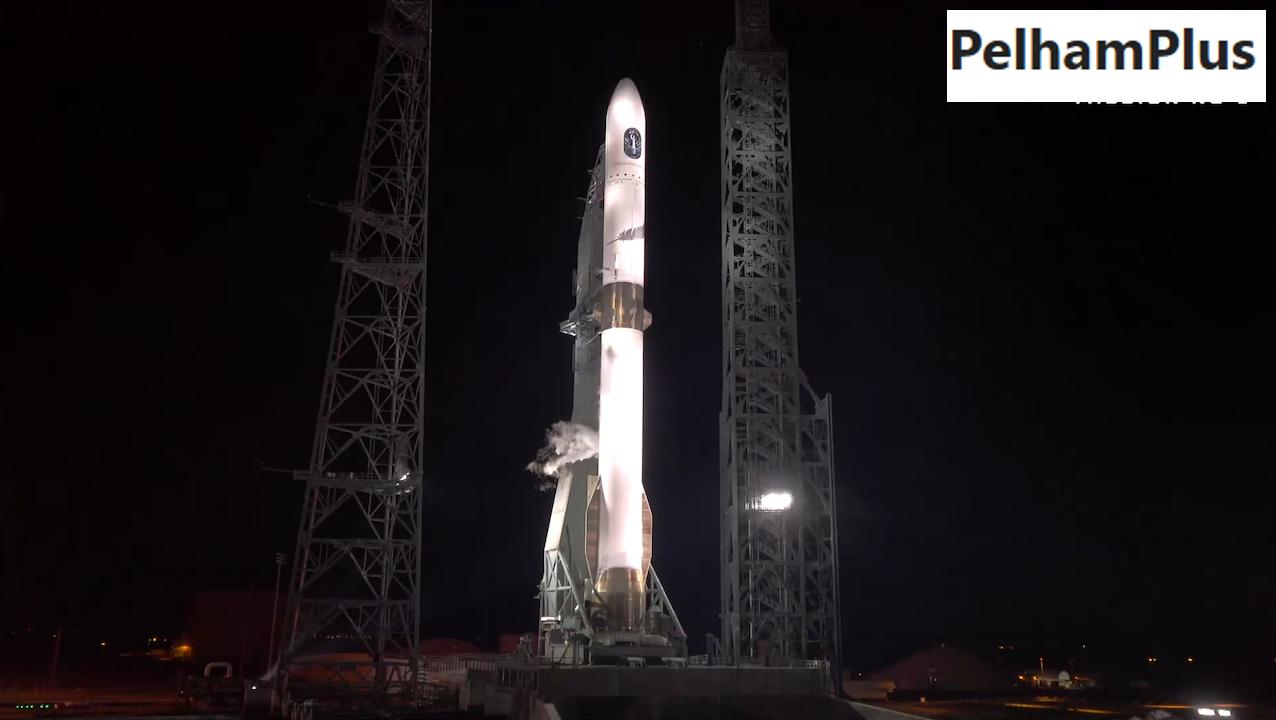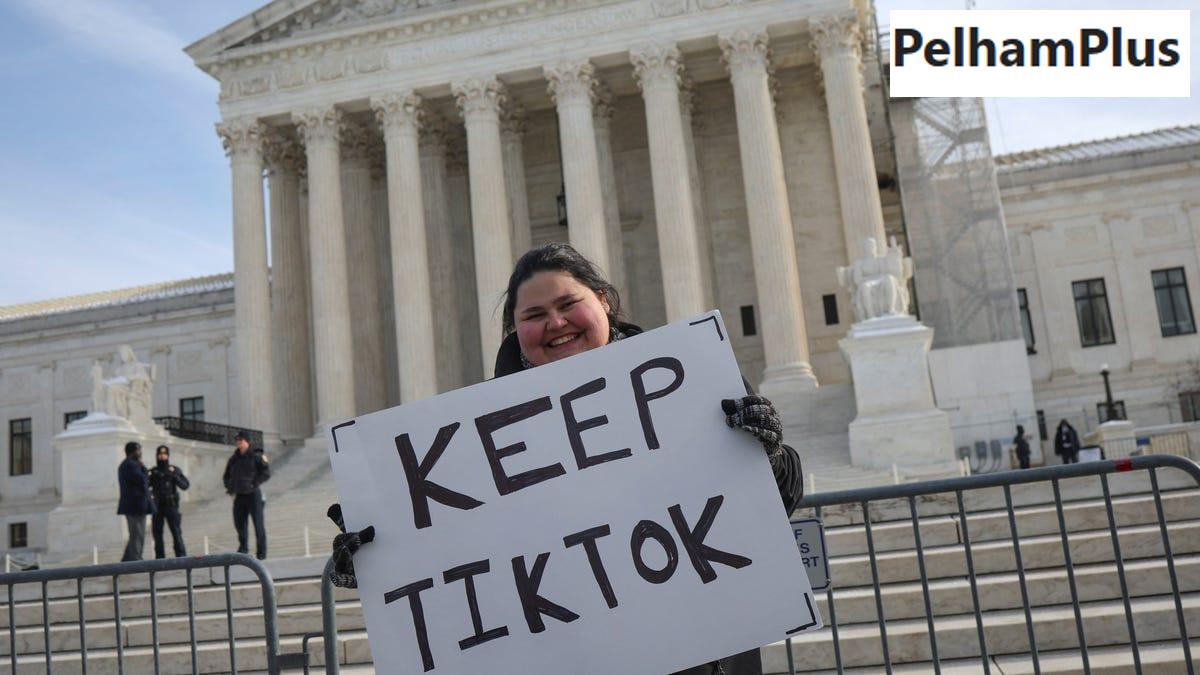Digital payment apps like Cash App, Chime, PayPal, GeenDot, Netspend, Venmo, and Zelle will be subject to new IRS tax requirements as of January 1, 2022. The IRS announced the new rules in a press release. If a user’s annual transaction threshold is exceeded, the IRS will begin collecting data on their transactions.
This year, Cash App discloses annual business transactions above $600, compared to the prior year’s previous $20,000 limit.
When a company’s Cash App account balance reaches $600, the Internal Revenue Service issues 1099-K tax forms to that company. It’s part of the American Recovery and Reinvestment Act, and all businesses that accept online payments must adhere to it.
The IRS will not be notified of any transactions made using Cash App. The IRS will issue a 1099-B to you if your taxable income for the tax year exceeds the trigger amount. Cash App’s business accounts are the only ones eligible for a 1099-K under the new tax rules, though.
Does Cash App Report Personal Accounts To IRS?
Paying for things with a personal account is not something Cash App does report to the Internal Revenue Service (IRS). Only those clients who have a Cash for Business account will have their transactions reported to the Internal Revenue Service (IRS). There are other requirements for reporting your business account, such as having transactions of $600 or more each year.
In the following section, we’ll go over the new Cash App Tax Rule, which only applies to businesses and not to personal accounts.
Does Cash App Send 1099 for Personal Accounts?
The 1099-K form is not issued to users who pay using their personal accounts via Cash App. Simply expressed, the 1099-K form does not apply to sending or receiving money from friends and loved ones, paying, or gifting.

Cash App, PayPal, and Venmo are some of the payment systems that are included on 1099-K forms. Cash App will begin reporting transactions exceeding $600 on January 1, 2022, under the new tax law, rather than the prior $20,000 barrier.
Read More: Cash App Qr Code: How Do You Get Your Money By Using Cash App Qr Codes?
The History of Cash Apps
A cash app that has been around since 1998 is PayPal. It was a straightforward and effective concept. With PayPal, consumers agree to give up their personal information in exchange for fast and low-cost payments. PayPal was immediately adopted by small businesses and individuals, with the corporation handling over $3 billion in payments from 10.2 million customers and 2.6 million enterprises in its first three years of operation. Although the founders had only been in business for two years, they had already narrowed the scope of their business to online payments only. In total, there are about 286 million people using PayPal to make payments.
PayPal was able to meet the needs of merchants, but it didn’t fully address the issue of transferring money between two people. That need was filled by two entrepreneurial young men who were chosen to share a college dorm room at random and ended up becoming roommates. When they started their site in 2011, they made exchanging money between pals easier. Venmo is expected to be used by 52 million individuals by 2020. Venmo’s acquisition by PayPal came as no surprise.
Do I Have to Pay Taxes?
There is no excuse for failing to disclose income from cash app transactions on your tax return if no Form 1099-K was ever sent to you in the past. The new requirements only require that this revenue be disclosed.

To be clear, this new rule does not impose a new tax. For decades, anyone earning more than $600 a year has been required to file a tax return. Only the reporting obligations utilizing Form 1099-K have changed, and the IRS will now be alerted of your income from cash apps as a result of the new regulation.
Taxed Transactions
If you receive money in exchange for providing a service or selling items, you have to include it in your taxable income. Cash app money can be used in a variety of ways, depending on the user’s situation. If you rent out your vacation property on AirBNB and are paid via a cash app, the money you get is taxable and must be recorded. It’s mandatory to report side jobs like housecleaning or babysitting that bring in more than $600 from a single client or more than $600 in total payments.

This also applies to people who make a living by listing their goods for sale on auction sites like eBay. Remember, starting this year, the IRS will receive this information.
Read More: Cash App Qr Code: How Do You Get Your Money By Using Cash App Qr Codes?
Cash App Report Personal Accounts to Irs Summary
Cash App does not issue 1099-Ks for personal accounts. That said, if you have a business account with a minimum transaction value, the IRS will disclose it. The IRS will send you a 1099-B if your taxable income for the tax year exceeds the threshold amount.
Cash App will issue a 1099-K to any business receiving more than $600 in a calendar year.
Check out our guide to restaurants that accept Cash App and meal delivery.



